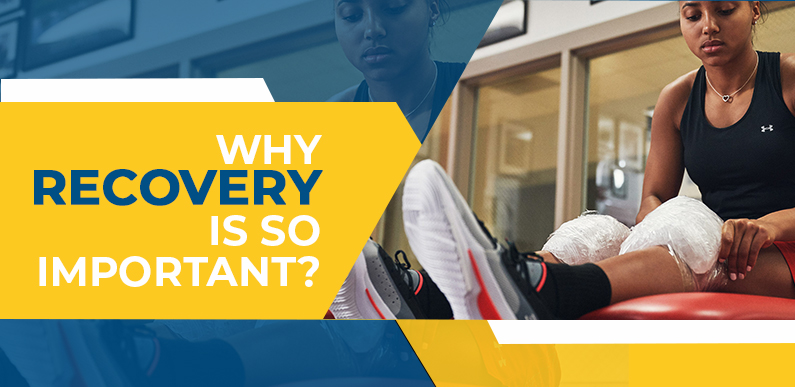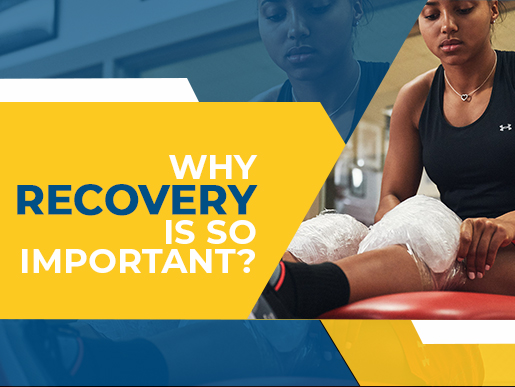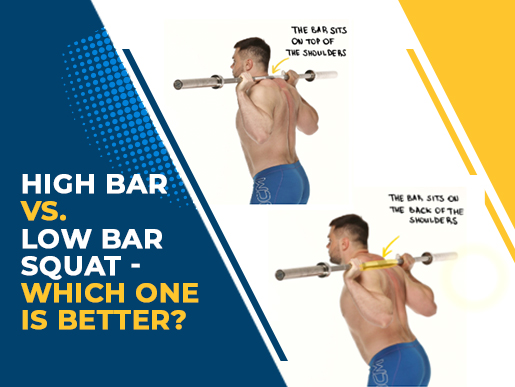

Why is recovery is so important?
Push harder, push faster, get better. That’s the mentality for a lot of fitness training nowadays. You work hard, you get stronger, and you see results. This seems like the right way to train, right?
Not exactly. In fact, taking proper measures to recover efficiently and completely can be just as important as working out. It’s easy to focus on the fun stuff—like beating personal bests and seeing results—but sometimes we have to do the boring stuff. A healthy diet and consistent exercise are important, but adding recovery into the mix will bring you to the next level and make it easier to stay consistent.
Training in any form takes a toll on your body. Every time you work out, you tire out your muscles causing microscopic damage to muscle cells. This leads to a ton of health benefits, like muscle growth, fat loss, cardiovascular health, and overall better health.
However, your body needs time to repair and regrow in order to see these results. Here are some of the reasons to make sure you make time for recovery.
You get stronger as you recover
It may seem counterintuitive, but your muscles will actually get stronger when you’re resting. During a hard workout, microscopic tears are created in your muscles.
This sounds like bad news, but it’s not. It is actually how your muscles grow. These tears cause your immune system to jump into action to repair them. When they eventually do heal, they’re stronger and fitter than they were before. This goes for your muscles, bones, heart, and lungs.
The next time you work out, your muscles will be able to handle more strain, allowing you to perform better. Then you recover and allow your muscles to heal again. When you repeat this process over a long period of time, you’ll see huge results.
Sleeping improves your performance
Sleeping is one of the most important things you can do in your fitness journey. Studies show that 7-9 hours per night are required for maximum muscle growth.
Part of the reason sleep is so important is your endocrine system and hormone profile work while you’re asleep. Your endocrine system is responsible for the release of things like testosterone and growth hormones that help your muscles repair themselves.
Also, the better you sleep at night, the more prepared you’ll be for the next day’s workout. If you get bad sleep, your workout may seem more difficult than usual. This could lead to overcompensation that results in an injury.
Some ways to improve your sleep quality include: going to be and waking up at the same time every day, turning off your phone one hour before bed, and investing in a good mattress and pillows.
Spending time on recovery can help prevent injuries
When something has a bunch of microscopic tears in it, it will likely not perform at its highest level. This holds true for your muscles.
Say you do squats on Monday. If you try to squat again on Tuesday, your muscles will not be able to perform as they did the day before. This will strain your muscles further without them having time to recover, which could cause an injury.
Instead, you should give your body 1-2 recovery days per week. This will give them the proper amount of time to heal before you get back out there and push them to their limits again.
Ways to Actively Recover:
Recovery doesn’t have to mean doing nothing. Take time to rest completely is important for sound body and mind, but if you’re not so inclined to just lay back all day and relax, there are some other options for active recovery.
- Foam Rolling
- Yoga
- Low-intensity Biking
- Walking
- Swimming
- Light resistance Training
Click here to read more Recovery related blogs!






